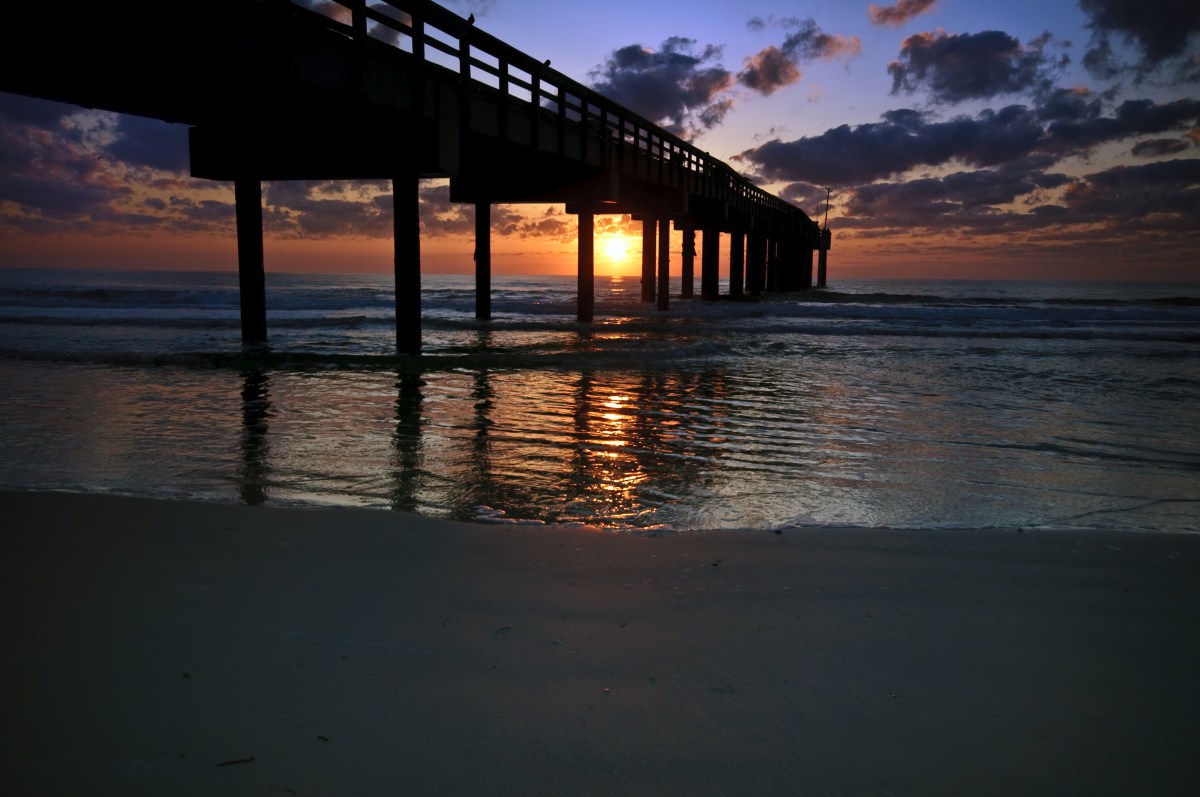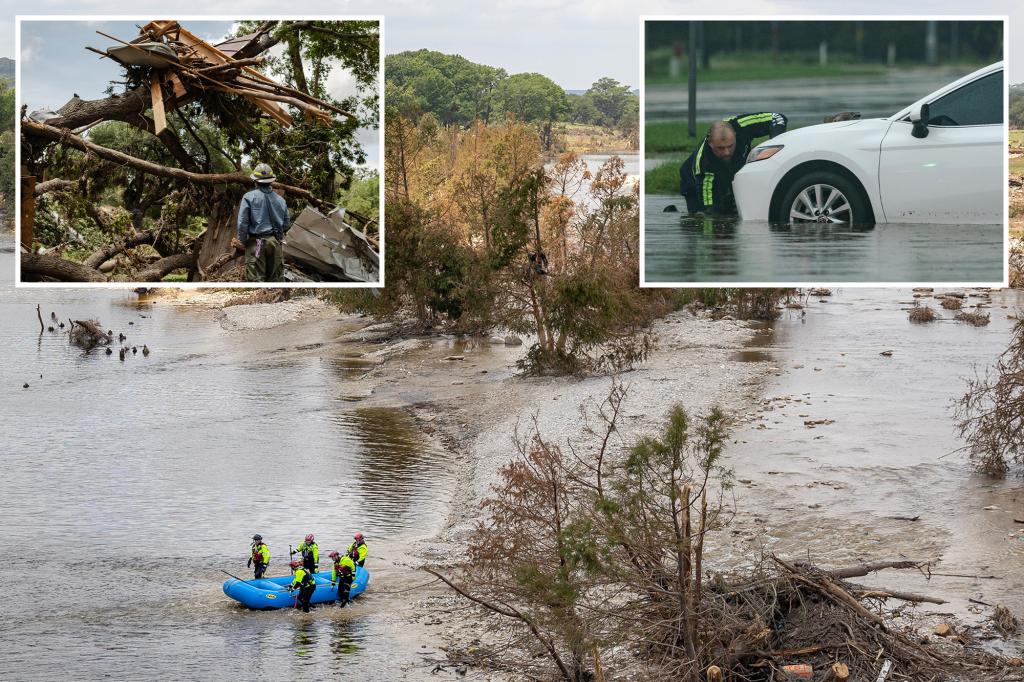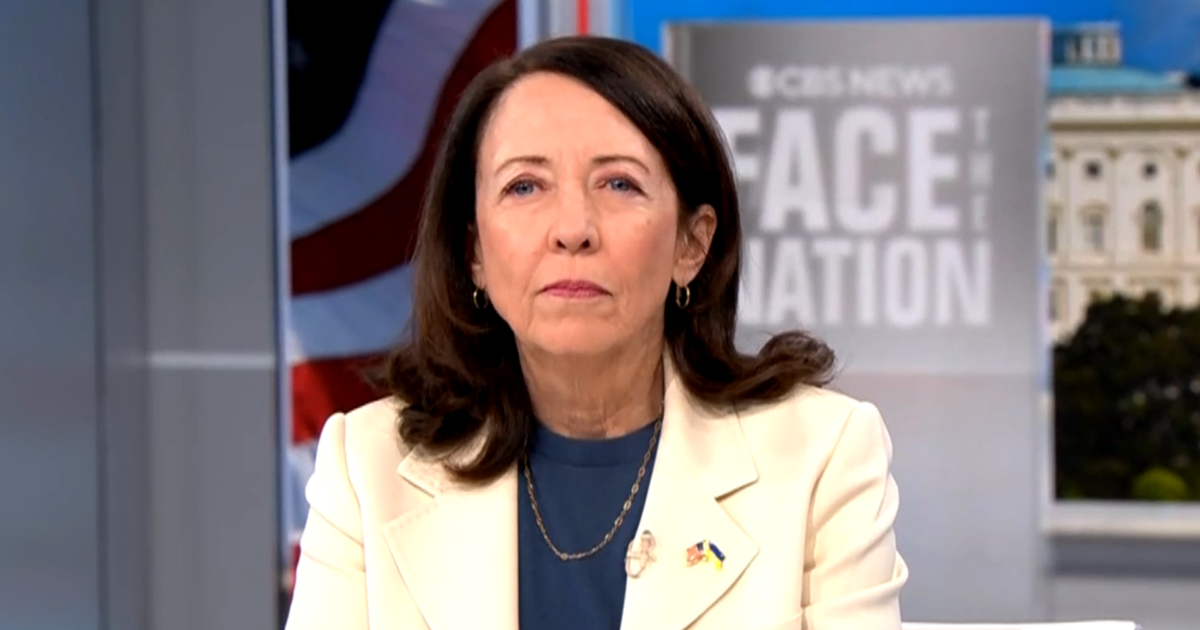Chile’s Southern Wildfires: A Growing Crisis Sparks Urgent Evacuations
As the sun rises over the picturesque landscapes of southern Chile, a dark cloud looms overhead – the threat of devastating wildfires. In recent weeks, the nation has witnessed a series of relentless wildfires sweeping through its southern regions, prompting authorities to issue emergency evacuation orders. This growing crisis not only raises urgent concerns about the safety of residents but also ignites a critical dialogue about climate change and its ever-increasing impact on the frequency and intensity of wildfires.
The Current Situation: Evacuations and Destruction
The wildfires in southern Chile have wreaked havoc on communities, leaving a trail of destruction in their wake. As of now, thousands of residents have been forced to evacuate their homes, with local authorities working tirelessly to ensure their safety. The fires have consumed vast areas of land, damaging homes, infrastructure, and wildlife habitats. Reports indicate that the intensity of these fires is unprecedented, leading to significant loss of life and property.
Emergency services have been overwhelmed, battling flames that have spread rapidly due to dry conditions and strong winds. The government has mobilized resources, calling in firefighters from neighboring regions and even seeking international assistance. The situation remains dire, with firefighters struggling to contain the blazes, which have been exacerbated by ongoing drought conditions linked to climate change.
Climate Change: A Driving Force Behind the Crisis
The increasing frequency and intensity of wildfires in southern Chile is not merely a coincidence but rather a reflection of broader climate change trends. According to scientists, rising global temperatures are creating more favorable conditions for wildfires, including prolonged dry spells and extreme heat. In Chile, these factors have combined to create a perfect storm for wildfires.
- Rising Temperatures: The average temperature in Chile has risen steadily, contributing to drier landscapes that are highly susceptible to fires.
- Deforestation: The loss of trees and vegetation due to logging and agricultural expansion has diminished the natural barriers that once helped contain wildfires.
- Wind Patterns: Changes in wind patterns, likely influenced by climate change, have allowed fires to spread more rapidly and unpredictably.
Experts warn that without significant action to combat climate change, the frequency and destructiveness of wildfires are likely to continue escalating. The Chilean government has made commitments to addressing climate change, but the urgency of the current situation highlights the need for immediate and effective action.
Community Response and Resilience
In the face of this crisis, the resilience of local communities has shone through. Neighbors are coming together to support one another, providing shelter and aid to those affected by the wildfires. Volunteer organizations and local NGOs have mobilized to deliver food, water, and essential supplies to evacuees. The spirit of solidarity is palpable, showcasing the strength of the human spirit in times of adversity.
Local authorities have also been proactive in their response, setting up evacuation centers and coordinating with various agencies to ensure the safety of residents. Public awareness campaigns have been launched to educate the community about fire safety and preparedness, emphasizing the importance of having an emergency plan in place.
Long-Term Solutions: Mitigating Future Risks
While immediate action is crucial in the wake of the current wildfires, long-term solutions are equally important to mitigate future risks. Here are several strategies that can be implemented:
- Reforestation Efforts: Planting trees and restoring natural habitats can help create barriers against wildfires and improve overall ecosystem health.
- Firebreaks: Establishing firebreaks – cleared areas that can slow or stop the spread of fire – can be an effective way to protect communities.
- Public Education: Increasing awareness about fire safety and the importance of responsible land management can empower communities to take proactive measures.
- Investment in Firefighting Resources: Ensuring that firefighting agencies are well-equipped and trained to handle severe wildfire situations is essential.
Additionally, collaboration between government agencies, NGOs, and communities will be key to developing a comprehensive wildfire management strategy. By focusing on both prevention and response, Chile can work towards a safer future.
A Call for Global Action
The wildfires in southern Chile are a stark reminder that climate change is a global challenge that transcends borders. As nations around the world grapple with similar crises, it is imperative that we come together to address this pressing issue. International cooperation and commitment to reducing greenhouse gas emissions, protecting natural habitats, and investing in renewable energy sources are essential steps toward a sustainable future.
Moreover, sharing knowledge and resources among countries can enhance our collective ability to respond to wildfires and other climate-related disasters. The lessons learned from Chile’s current crisis can inform strategies in other regions facing similar threats.
Conclusion: Hope Amidst the Crisis
While the wildfires in southern Chile represent a growing crisis that demands immediate attention, they also serve as a catalyst for change. The urgency of the situation has sparked conversations about climate change, community resilience, and the need for robust disaster preparedness plans. As Chileans come together to confront this challenge, there is hope that their experiences will lead to positive changes in policy and practice, ultimately paving the way for a safer and more sustainable future.
In the face of adversity, the resilience and solidarity demonstrated by the people of southern Chile is a testament to the human spirit. Together, they will navigate this crisis, and through collective action, they can emerge stronger and more united than ever before.
See more Your Daily Weather



